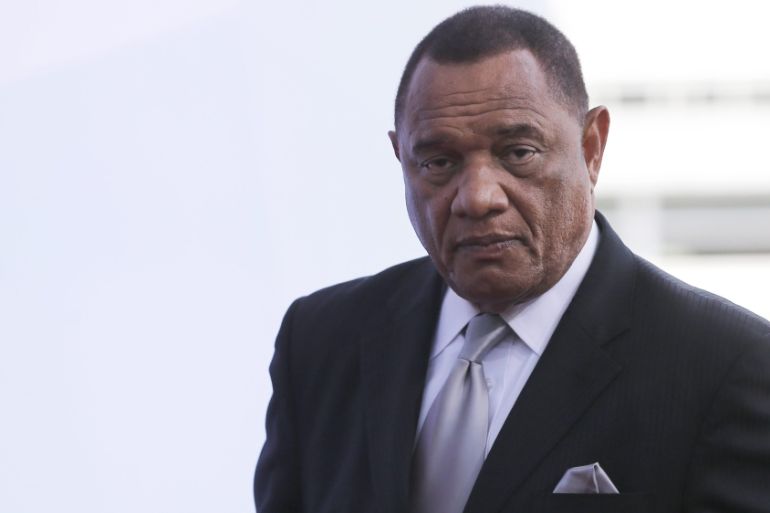Bahamas votes in closely-contested general election
Election pits party of Prime Minister Perry Christie against main opponent Hubert Minnis of the Free National Movement.

Voters in the Bahamas headed to the polls on Wednesday in a hotly-contested general election overshadowed by corruption allegations and rising unemployment.
The election pits the party of Prime Minister Perry Christie, a veteran politician from the Progressive Liberal Party (PLP), against his main opponent, Hubert Minnis of the Free National Movement (FNM), a physician.
Polls opened at 8am (12:00 GMT), with more than 180,000 people registered to vote in 39 constituencies across the country. Voting was scheduled to finish at 6pm (20:00 GMT), with unofficial results expected around 10pm (00:00 GMT).
Voting was proceeding calmly, but a polling station on the main island New Providence was forced to open late following concerns about ballots, and some of those waiting left without voting.
Closely-watched election
Voters are casting ballots for 39 seats in the House of Assembly. The party with the majority of seats will form the government.
Minnis is campaigning on a platform of change, seeking to implement term limits on the prime minister and promote “Bahamian ownership in the economy,” according to his website.
The election has been overshadowed by the long-delayed opening of a $4.2bn mega-resort called Baha Mar.
Critics of the 73-year-old Christie, who is finishing his second non-consecutive term as prime minister, say the time has come for him to retire.
Christie prompted condemnation earlier this year when he denied corruption accusations by raising his middle finger to reporters.
Education minister Jerome Fitzgerald is also embroiled in controversy over a shadowy multimillion-dollar business allegedly seeking contracts from Baha Mar resort, which is controlled by Chinese investors.
The island archipelago, which gained independence from Britain in 1973, depends heavily on tourism and foreign investment into resorts and other attractions.
International observers the Caribbean Community, the Commonwealth of Nations, the Organization of American States and the United States were invited to monitor the vote.